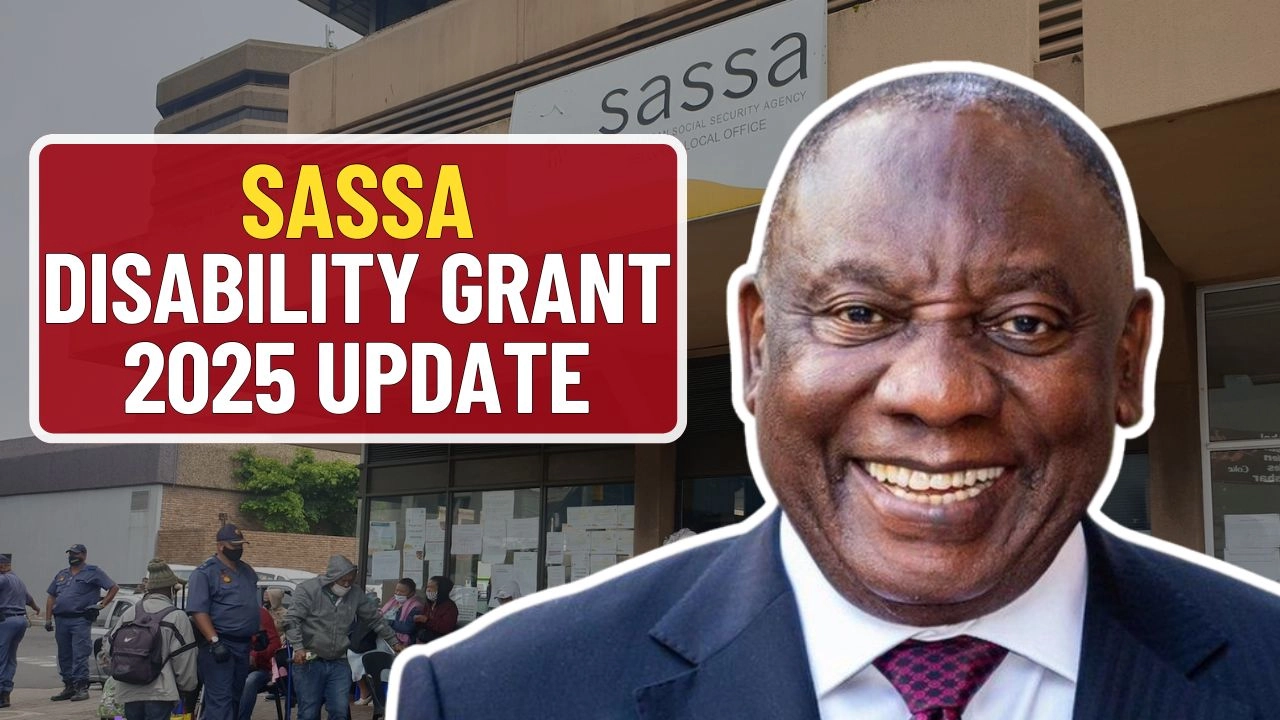The South African Social Security Agency (SASSA) has implemented significant updates to the Disability Grant for the year 2025. These reforms are designed to enhance the application procedure and provide more robust financial support to those in need. Changes include revised eligibility requirements, new payment timelines, and an improved application method. It is crucial for both existing and prospective applicants to acquaint themselves with these changes to access benefits smoothly.
Navigating the Updated Application Process
To apply for the Disability Grant, applicants must visit their nearest SASSA office to initiate the process. Here, they will be provided with the necessary forms and can seek assistance from SASSA officers if needed. The process involves submitting all required supporting documents and undergoing a medical evaluation to assess the severity and nature of the disability. The review process is thorough, and applicants will receive the outcome of their application within 30 working days post-evaluation. If the application is successful, grant disbursements will be processed accordingly.
Document Checklist for Disability Grant Application
Applicants need to provide several key documents when applying for the Disability Grant. These include a valid South African ID or passport, the spouse’s identification if married, and a recent medical report (no older than three months) to verify the disability. Additional documents such as recent bank statements, proof of residence, and, where applicable, marriage certificates or divorce decrees should also be included. Ensuring that all documentation is current and complete is vital for a smooth application process.
Criteria for Eligibility in 2025

Eligibility for the 2025 Disability Grant requires that applicants be between the ages of 18 and 59, and be a South African citizen, permanent resident, or recognized refugee. The disability should be severe enough to significantly impede the applicant’s ability to earn an income for at least 12 months, as confirmed by a medical professional. Financial criteria include an income threshold of R97,320 for singles and R194,640 for married couples, with asset limits set at R2,758,800 and R1,379,400, respectively. Applicants must not be recipients of another social grant or be residing in a government institution.
Enhanced Grant Payment Structure and Timing
From April 1, 2025, the monthly payment for the SASSA Disability Grant will be R2,200 per recipient. Beneficiaries should await an official SMS notification to collect their payments, a system designed to minimize congestion at payout locations.
Flexible Payment Options for Grant Recipients
SASSA offers multiple payment methods to accommodate the preferences of grant recipients. The recommended method is direct deposit into the beneficiary’s bank account, ensuring quick and secure transactions. Payments can also be collected at designated pay points or through Postbank services, although some transactions may incur additional fees. Opting for direct bank transfers can help avoid delays and long queues.
Addressing Application Rejections
Should an application be denied, the applicant has the right to request a reconsideration or lodge an appeal. The initial step is to understand the reasons for rejection provided by SASSA. Applicants can submit a Reconsideration Form along with any new supporting documents that may bolster their case. If the reconsideration is unsuccessful, the next recourse is an appeal to the Independent Tribunal for Social Assistance Appeals. Legal aid and social assistance organizations can offer support and guidance through this process.
Keeping Up-to-Date with Disability Grant Information
To ensure uninterrupted access to benefits and compliance with new regulations, beneficiaries and applicants should keep informed about the latest changes to the SASSA Disability Grant. Regular contact with the SASSA helpline or visits to their official website will provide reliable updates and assistance regarding the grant process and any new amendments.

